Seven arrested with ivory from four elephants poached in Magude, Mozambique - Watch
Mozambique: Lions grow from brink of extinction to 100 in seven years
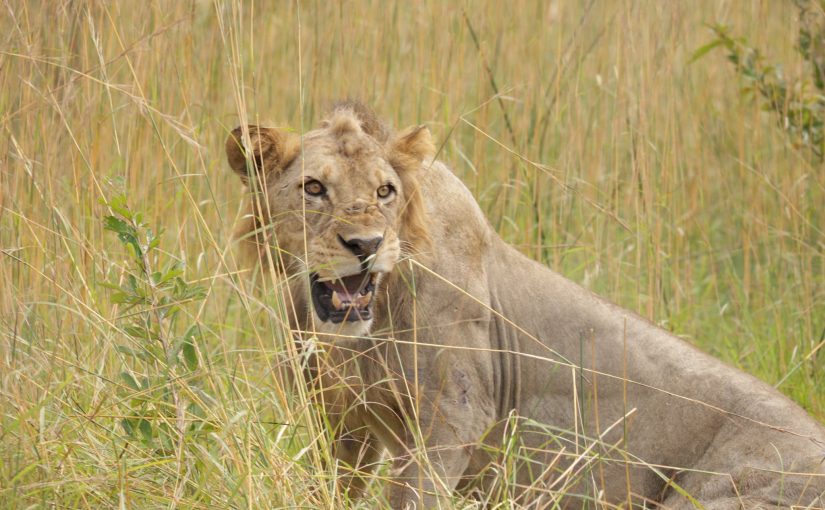
Photo courtesy: The Cabela Family Foundation
Seven years after carrying out the largest translocation of wild African lions, transporting 24 from South Africa to Game Reserve 11 in Mozambique, the Cabela Family Foundation announced yesterday that numbers have risen to one hundred.
“The significance of the move lies in the fact that there was not a viable population of lions in this area due to years of ongoing civil war, poaching, and due to the area being difficult for lions to access to recolonize. In fact, lions were considered ‘functionally extirpated’ as of 2017,” explains a source from the foundation belonging to the North American family, responsible for the 2018 translocation.
Now, “just seven years later”, the foundation says that “the initiative has reached a milestone of significant importance, with us announcing the population has surpassed 100 lions” in the reserve in Sofala province, highlighting that all the funding for the “24 Lions” project was raised by the institution itself – “a sustainable hunting and conservation model, led by Zambeze Delta Conservation and Anti-Poaching.”
“Stepping into the unknown and taking this project on back in 2018 was full of uncertainties,” admitted Dan Cabela, executive director of Cabela Family Foundation, mentioned in information from the institution.
“However, through lots of commitment and hard work, we’ve done something incredibly special, and changed the landscape of lion conservation around the world. To know there’s a large, thriving population of lions in this area now is a humbling piece of our family’s legacy,” he added.
According to the Cabela Family Foundation, the institution’s intervention “has already successfully increased the range of wild African lions in Mozambique by approximately six to nine percent,” but “habitat loss and human encroachment continue to be the two biggest issues around African lion conservation today”.
READ: Lions to be released in Zambezi Delta, Mozambique – Photos
The Cabela Family Foundation was established by Americans Dick and Mary Cabela – who in 1961 founded the Cabela company in Nebraska, one of the largest global outdoor equipment companies – to “build and create partnerships and projects which promote outdoor recreation, conservation and charity towards others”, currently supporting projects and organizations “all over the world”.
Coutada 11, concessioned to Zambeze Delta Safaris, is located in the Marromeu complex. With the support of the National Administration of Conservation Area (ANAC) and funding from the Cabela Family Foundation, it in 2021 reintroduced the cheetah or African jaguar locally – a species that had been extinct in the region for more than 30 years – with 12 animals.


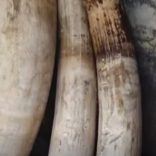
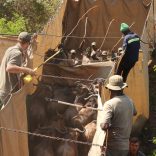
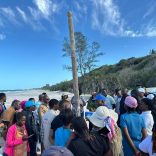
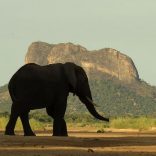

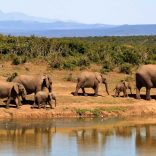




Leave a Reply
Be the First to Comment!
You must be logged in to post a comment.
You must be logged in to post a comment.